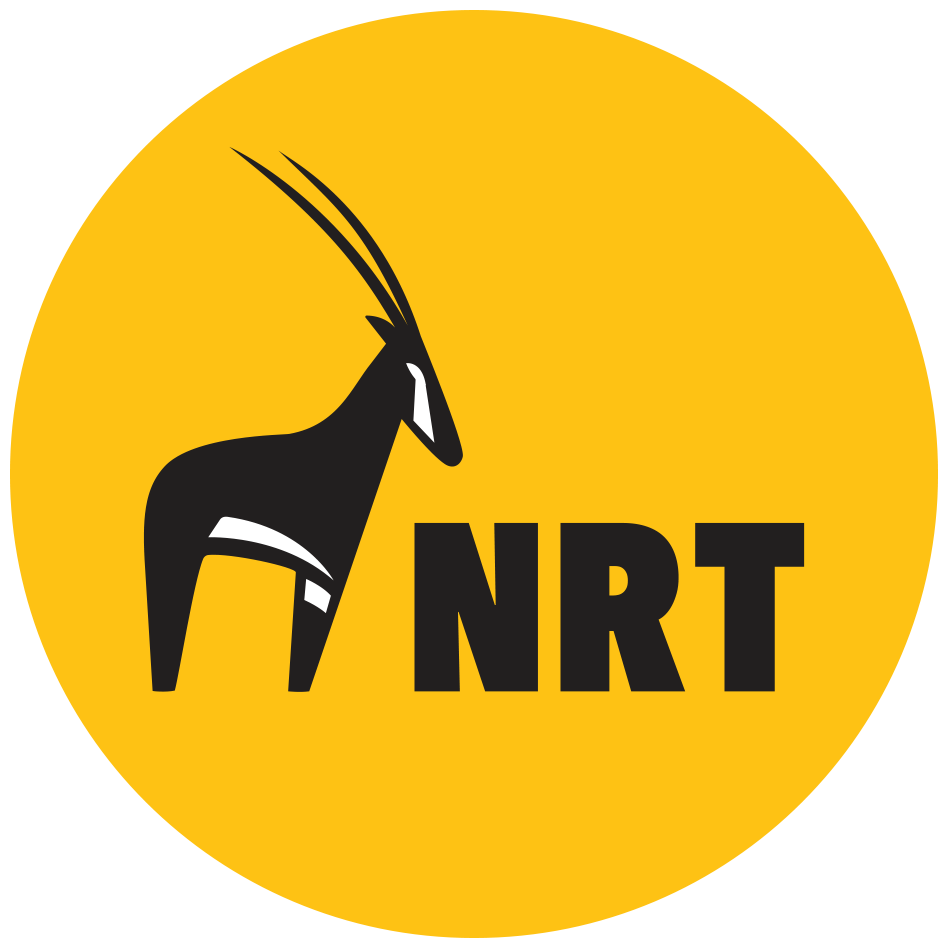Brighter Futures: Improving Food Security and Lives in Kenya’s ASALs through Sustainable Agriculture
Over 80% of Kenya comprises Arid and Semi-arid Lands (ASALs) with minimal rainfall. Many communities in these lands grapple with severe food scarcity, despite agriculture being the cornerstone of Kenya's economy.
In areas such as Manyangalo, Ethi, and Mbuju in Laikipia County, and Ngare Ndare in Meru County, the dry conditions have made it difficult to farm, driving communities to rely on forest resources for their livelihood. Consequently, Ngare Ndare Forest has gradually shrunk in size as communities engage in charcoal burning.
To reverse this trend, the Northern Rangelands Trust’s (NRT’s) Livelihoods Programme introduced sustainable farming practices, empowering communities in northern and coastal Kenya to improve their livelihoods while protecting the environment. Supported by the innocent foundation, NRT is implementing a project themed, ‘Improving Community Livelihoods through Food Security, Provision of Water, and Alternative Income.’
More than 600 people in community conservancies in northern and coastal Kenya, including Biliqo Bulesa, Ngare Ndare, Ndera, Hanshak, and Lower Tana, have benefitted from the project, which is addressing water shortage, malnutrition and wildlife invasion of farms, among other issues.
In Ngare Ndare Community Conservancy, the project has resulted in the excavation of 60 earth pans, the installation of dam liners, and the distribution of 60 water tanks, each with a 2,000-litre capacity, to six communities in Subuiga, Manyangalo, Ngare Ndare, Ethi, Mbuju, and Kisima, living near Ngare Ndare Forest.
These interventions have facilitated rainwater harvesting and storage for domestic, farm and livestock use, reduced the community’s heavy reliance on Ngare Ndare Forest, and improved food security, in line with this year’s World Food Day theme: 'Right to Foods for a Better Life and a Better Future.'
Thanks to the completion of the dam's construction, Abdi Mohammed, from Manyangalo in Ngare Ndare Community Conservancy, Meru County, has adopted farming, in addition to livestock keeping, and expanded his farm from a quarter to a full acre. “Our children can now attend school, and we can feed them nutritious foods. They consume fresh produce directly from the farm, and their health has improved.”
For Margaret Wangui, from Kisima, Ngare Ndare Community Conservancy, the installation of a water pan on her farm, has increased her onion harvests from between 500 and 700 kilogrammes to three tonnes, and her income from Ksh 15,000 to Ksh 60,000 per season.
In Attan Village, Nakuprat-Gotu Community Conservancy, NRT, in partnership with Cooperation for Peace and Development (CoPAD) and the Isiolo County Government, and with support from the European Union-funded Kenya Rangelands Ecosystem Services Productivity Program, drilled and equipped a borehole that is providing adequate water for farming. Resultantly, community members are growing nutritious crops such as spinach, sweet potatoes and watermelons, women no longer travel far to Isiolo Town to purchase food, or engage in charcoal burning to earn a living. A recent harvest yielded 16 tonnes of maize and 1.5 tonnes of beans, improving the community’s diet and reducing malnutrition cases from 33 to 7.
In coastal Kenya, Galgallo Jerra, from Saladumu Village in Hanshak Community Conservancy, Lamu County, is grateful for the project, which has diversified livelihoods and empowered community members to not only practise livestock keeping, but also farming. With support from the innocent foundation, Galgallo had a fence erected around his farm, and an irrigation system installed, enabling him to plant crops across two acres of land.
“Now I have enough food to feed my family and extra to sell, which helps cover school fees. My farm is also no longer under attack from the elephants and buffaloes that used to destroy my crops,” he explains.
To further bolster food security, through the ongoing project, NRT and the innocent foundation are providing local farmers with training in climate-smart agriculture, with a focus on soil and water conservation, drip irrigation, soil health management, and safe use of organic and inorganic fertilisers.

